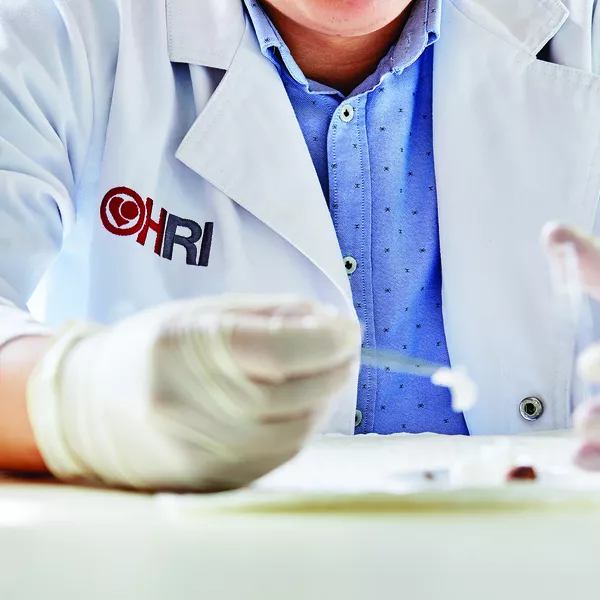
“But this requires detection of the abnormal heart rhythm which is often asymptomatic before stroke occurs,” he said.
Using the app, patients places their fingers on connectors on the back of the phone for 30 seconds. The file is then analysed by the app to detect AF. The technology mean patients can get the treatment they need before stroke happens.
The technology will also create the first national snapshot of AF rates in Aboriginal people and aim to improve cardiovascular health literacy in Aboriginal communities.
Currently there are no published studies about the prevalence of AF in people from Aboriginal and Torres Strait Islander backgrounds, despite it being a leading risk factor for ischaemic stroke, a condition affecting one in 25 Aboriginal people.
The new pilot program is run by the Poche Centre for Indigenous Health at the University of Sydney and funded by the National Heart Foundation.
The screening will be accompanied by a public awareness campaign into the causes, prevention, symptoms and treatment of cardiovascular disease. The 35 devices will also remain in the communities after the screening is completed, with dedicated Aboriginal health workers given training on how to use the iECGs in future.

